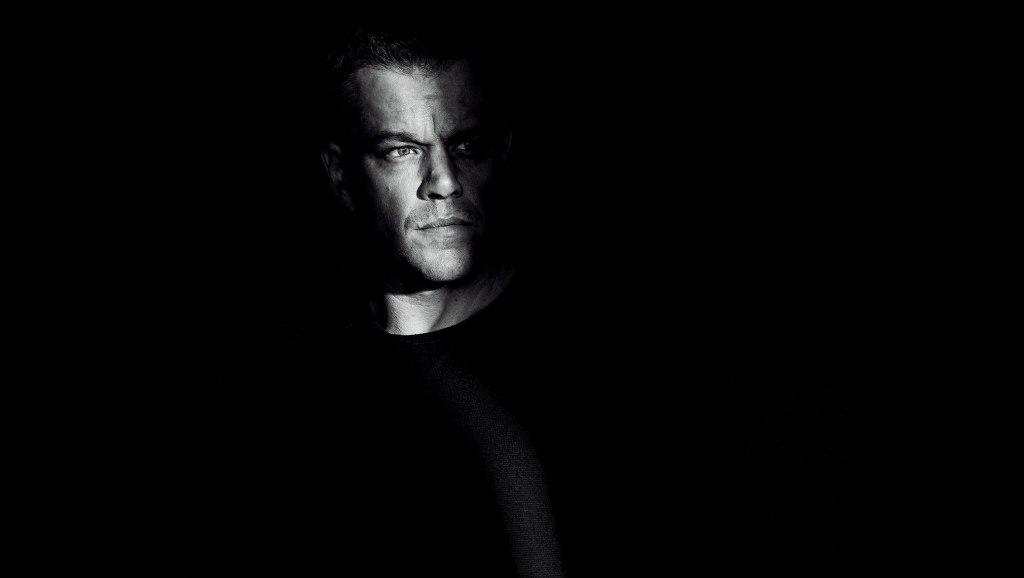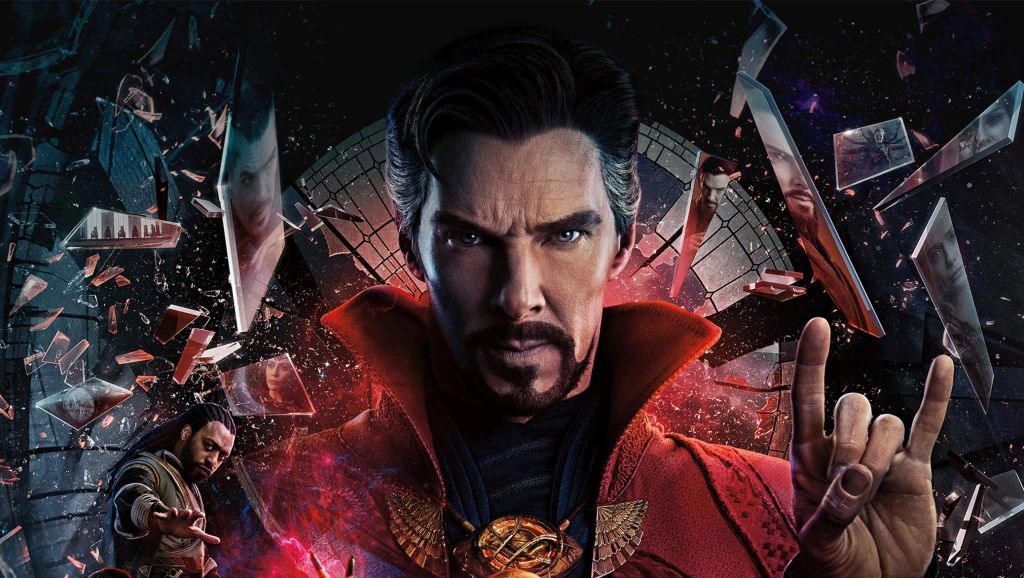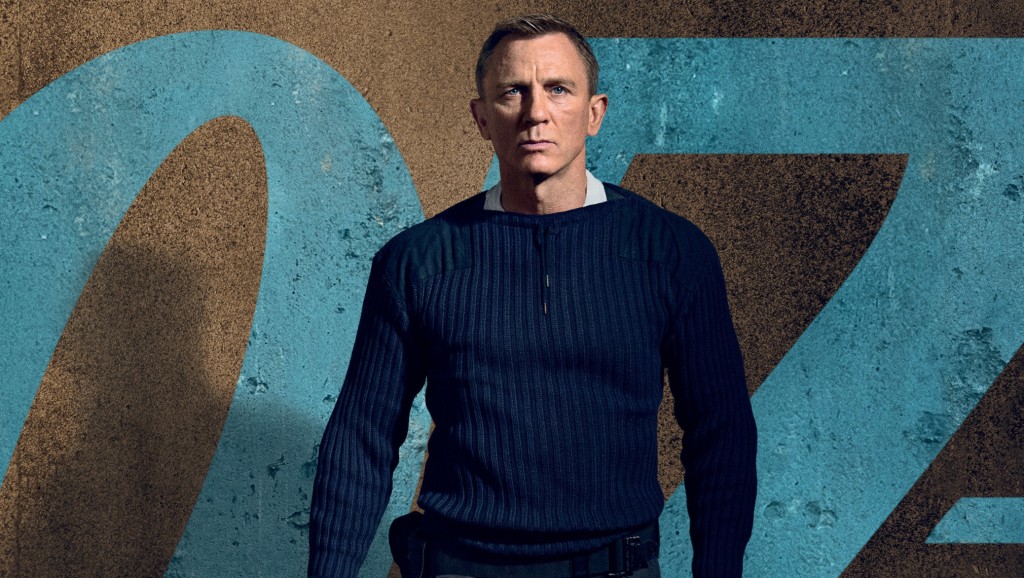
So does Jason Bourne reign supreme or does it become a footnote in its own legacy?
“Remembering everything doesn’t mean you know everything.” – Nicky Parsons
Jason Bourne is a good movie. However it is flawed.
Before I sound highly critical, I did enjoy this film. It’s an entertaining film. I love this franchise and the teamwork between Matt Damon and Paul Greengrass.
But having said that, Jason Bourne in some ways suffers the same curse as Peter Jackson with The Hobbit trilogy. You’re coming off the back of a highly successful, critically acclaimed trilogy that is loved and respected the world over. It has the perfect beginning, middle and end that sets an incredible high standard. You introduce a new film which acts as an accompany piece to that trilogy. But if that film doesn’t quite live up to the same standards to something you love and cherish then it can feel a bit disappointing.
That’s what happened with Jason Bourne. It’s not to say it’s a bad film that’s completely unwatchable. It’s definitely watchable. Let me repeat, I enjoyed this film. Whilst this entry is a good addition to the franchise, it didn’t quite reach the promise land of the original trilogy, with The Bourne Supremacy still being my favourite.
It’s a bit of a shame in that respect. Jason Bourne has all the right ingredients and elements, but lacked that killer instinct (pun intended) to match the level the originals had.
It doesn’t offer anything new nor does it reinvent the wheel. It serves up a healthy dose of formulaic familiarity – Bourne hiding in the shadows, Bourne travelling around the world, Bourne kicking ass using household objects, Bourne outmaneuvering the CIA, the CIA sending assets to deal with Bourne but ending up like the redshirts off Star Trek, the CIA sitting around computers trying to track Bourne, the gritty, high-octane action scenes, the shaky cam movement which will make you wonder whether the cameraman was constantly drunk on set…you get the picture. And yes, there’s another remix of Extreme Ways. It’s good. Moby must be minted!
But having said all that, it is that distinct formula that has served this franchise well. It’s a unique aspect and why Jason Bourne easily surpasses the forgettable Bourne film, The Bourne Legacy.

So the question is, what brings Jason Bourne (Matt Damon) out of the shadows and back into this world? The answer is simple – welcome to the world of cyber crime.
Now the topic in question might not be the most exciting or revealing storyline committed to film, but I can’t argue against its relevancy. It’s a natural progression. Jason Bourne taps into our current modern world where technology has become a dominant factor. Because of its ease of use, the access and control of that information becomes important. Almost taking a leaf out of Mr. Robot, hacking, data privacy, surveillance culture, wikileaks and the mention of Snowden (makes me wonder if he’s getting royalties for his name being mentioned in films) is brought to the forefront, tapping into real life incidents such as Apple vs. the FBI and the encrypted iPhone. How does Jason Bourne fit into this? The hacked files as discovered by Nicky Parsons (Julia Stiles) reveals further background to Jason Bourne’s life and a reveal of a family secret.
There is one notable downside to this. It’s a great idea to explore but I wished the film did more to reinforce the point. The script just needed to be a bit tighter because there were moments where it felt loose, focussing more on the action set pieces instead of the intelligence behind the controversial issue. That becomes another example of why the original trilogy is superior in comparison. If Paul Greengrass felt he wanted to make a different film from the original trilogy, then that’s a fair enough argument and statement. His serious and gritty realism that has served him well since Bloody Sunday is incorporated once again into Jason Bourne as he demonstrates the utter chaos of the anti-austerity demonstrations around the Greek parliament. The Las Vegas car chase scene will make you wince. But a tighter script would have meant the plot elements having a greater impact, especially towards the end where it suffers the most.
That naturally follows onto my next point regarding the supporting characters.
One of the aspects that I love about The Bourne Supremacy is the constant deliberation between Pamela Landy (Joan Allen) and Ward Abbot (Brian Cox). Their difference of opinion over the direction over Bourne is an essential highlight because of what they had to gain – the truth vs. the conspiracy of lies. In Jason Bourne, it lacks those dramatic moments. Because of that lack of tightness in the script, the characters comes across as a bit bland, lacking the ambitious and cut-throat personality to really cement their motivations. The CIA members of Robert Dewey (Tommy Lee Jones), Heather Lee (Alicia Vikander) and Edwin Russell (Scott Shepherd) are softly spoken, never losing their cool, especially Vikander. Her facial expressions rarely change, still embodying her performance from Ex Machina.
Was this an intentional move to highlight the lack of accountability and authority? Possibly. The characters are self-centred, using the Jason Bourne scenario as if they were playing a game of chess. However they don’t feel like an actual threat. They’re disposable opportunists. Heather Lee wants the fast track up the career ladder whilst Robert Dewey tries to keep his business relationship with Aaron Kalloor (Riz Ahmed) under wraps amidst the hacking storm. Having said that, Vikander is the best out of the new class.

“You’re never going to find any peace. Not till you admit to yourself who you really are.” – CIA Director Robert Dewey
It’s not a Jason Bourne review if I don’t specifically talk about Jason Bourne and once again Matt Damon is the star performer.
A lot has been made of the fact that Bourne doesn’t have many lines and that element is true. But Bourne was never really the chatty type. Most of his talking was done with his fists! He’s a 30 million dollar weapon after all. If you’re looking for the drama that made the Bourne trilogy an essential view, then that element came from the dynamic supporting characters. But given the direction, it doesn’t change what Matt Damon does with Bourne. Damon still echoes Bourne’s tortured spirit as he wrestles with his conscience, trying to find light in the darkness.
The Bourne Ultimatum gave him his freedom and his identity but in Jason Bourne, he’s struggling for a purpose and an actual mission. He’s become self-destructive, partaking in bare knuckle fighting. It’s reminiscent of soldiers coming back from war as they struggle to find normalcy and peace. It’s not hinted but there are elements in Damon’s performance where as Bourne he’s missing his girlfriend, Marie (Franka Potente). She made him feel human, encouraging him to keep remembering in hope that at some point he will eventually remember something good. Cut to the present day, Bourne is lost until Nicky finds something of interest for him to see.
The way the CIA handles Bourne is interesting. They still do the usual stuff of trying to apprehend/kill him and despite the advancements in technology, there’s an old-school feel with Bourne. It’s a tried and tested method that gets the job done. But the CIA also try to appeal to Bourne psychologically. They repeatedly tell him to come home to where he belongs, to stop bringing the fight against them. The CIA are not are your enemy. It’s a clever use of the Stockholm syndrome, a guilt trip association of Bourne as a patriot and a hero to his country by exonerating him of his sins. By their logic, as much as Bourne wants to escape his past, by denying his true nature he’s only causing more damage and pain to himself.
Jason Bourne also explores the Pandora’s box effect that occurred after Ultimatum. Despite exposing the Treadstone program, it wasn’t without consequences. In the case of Vincent Cassel (his character simply known as the asset) his interest in Bourne is a personal vendetta and takes matters into his own hands. Their encounter is often brutal, leaving nothing to the imagination and they both excel in being single-minded and driven, just like their training permits them to. It’s a pity towards the end that his motivation against Bourne wasn’t as tight as previous members such as Desh (The Bourne Ultimatum) or Kirill (The Bourne Supermacy).
Overall Jason Bourne is a good solid action film but it could have been so much more. It leaves more questions than answers in how everything fits together. The issues are certainly not on the same level as Spectre for example, but another run through on the script easily could have solved those problems.
If they do come back for another, those issues are fixable. There is room for Bourne and the issues they want to raise. Hopefully in the next adventure (if it happens) they continue to find a way to keep exploring Bourne in this new and evolving world.






Don’t Be Shy – Leave a Reply